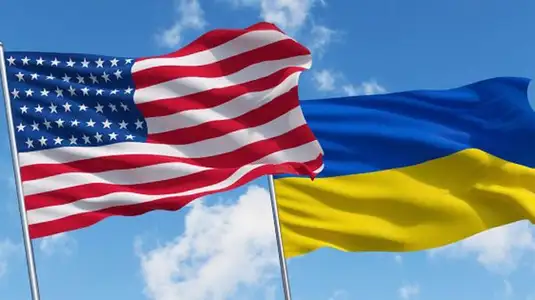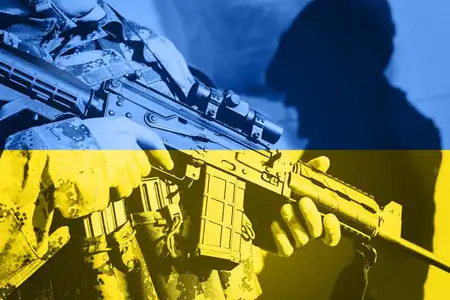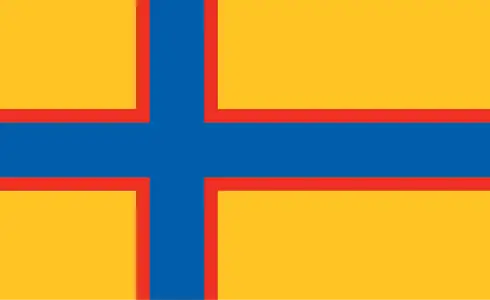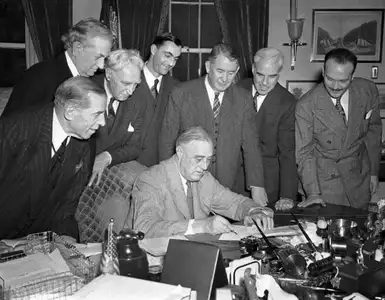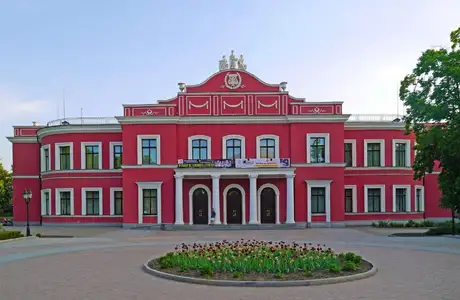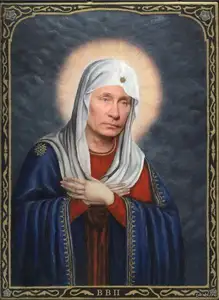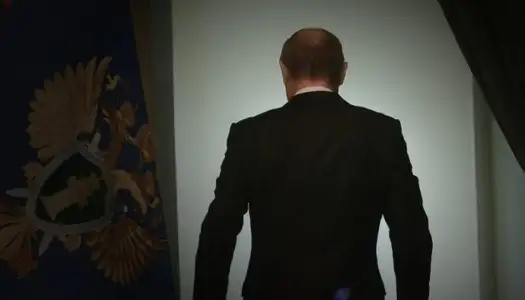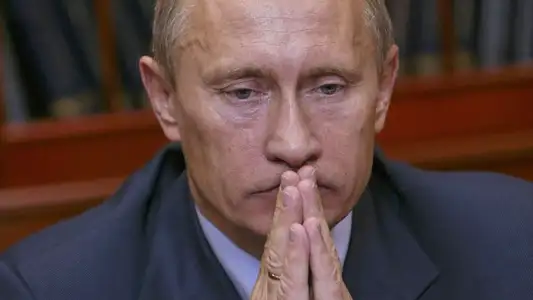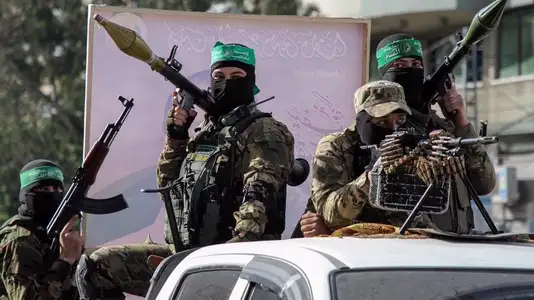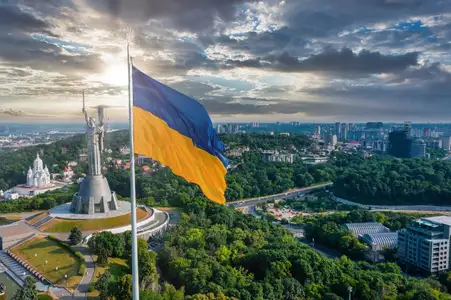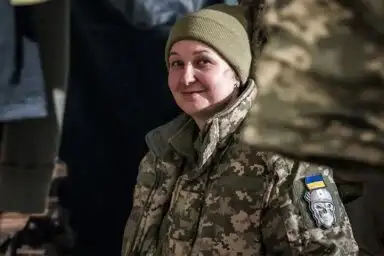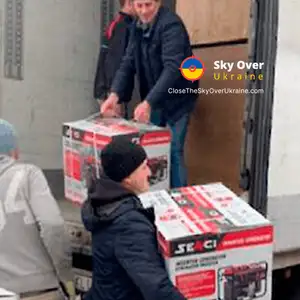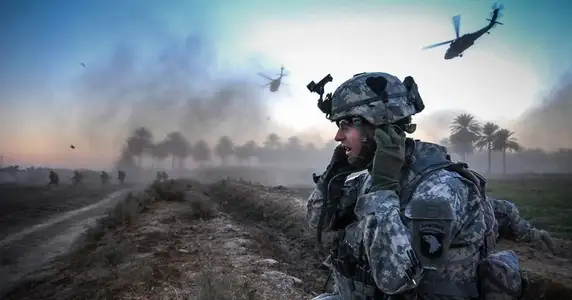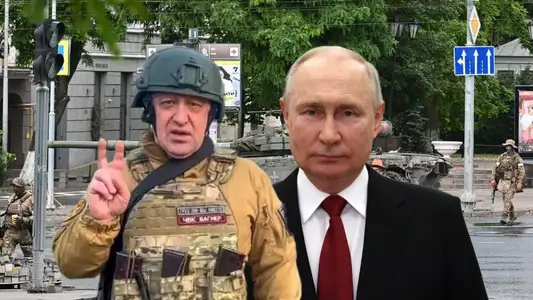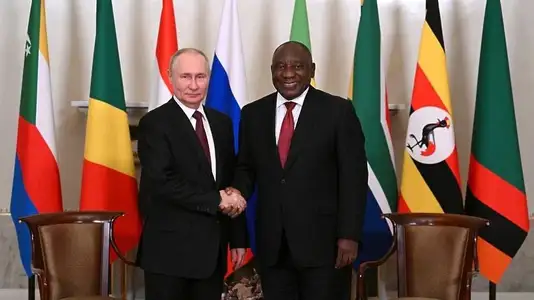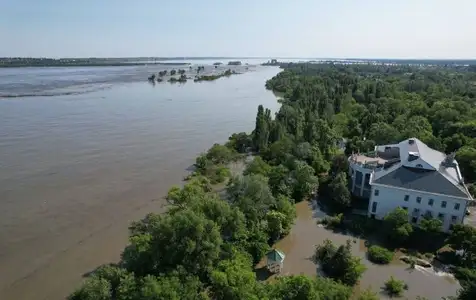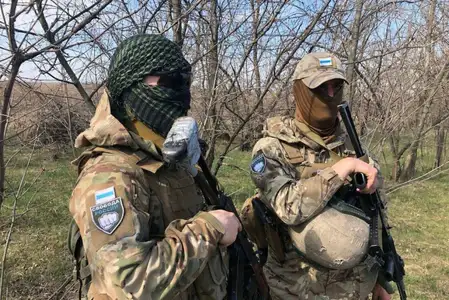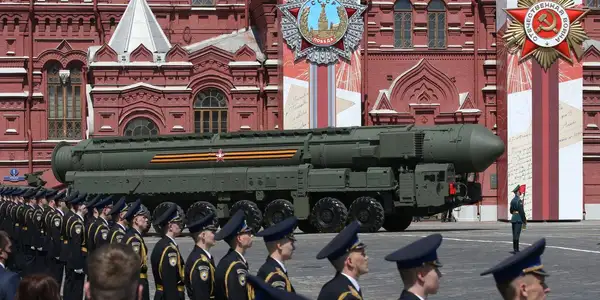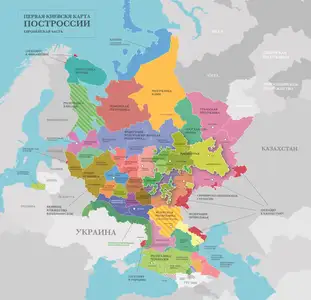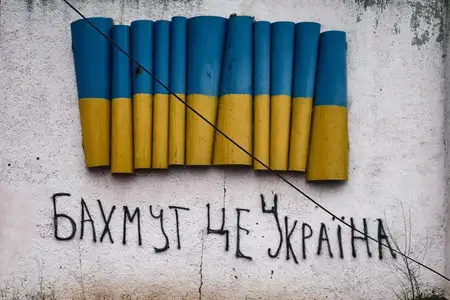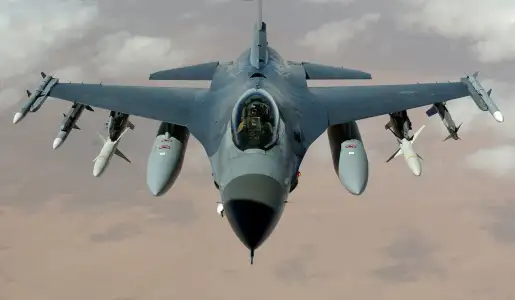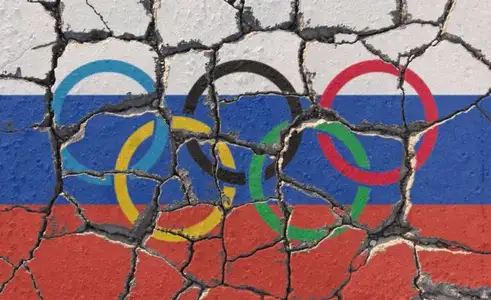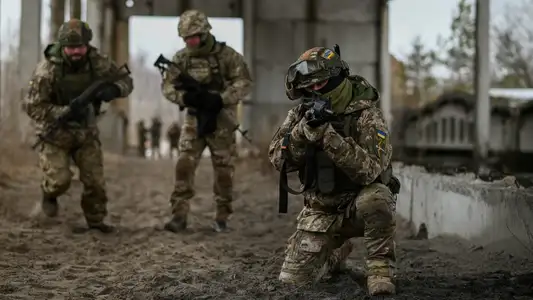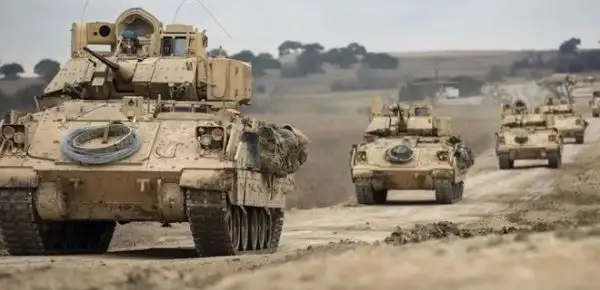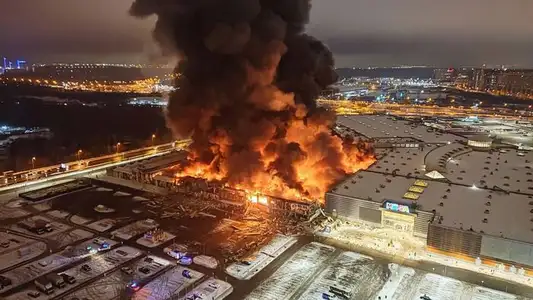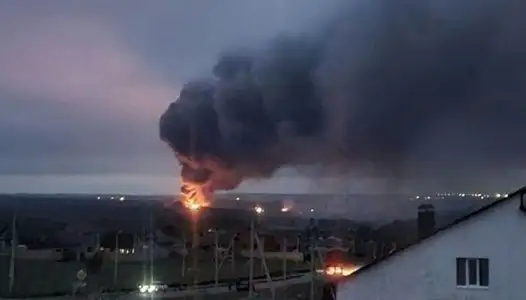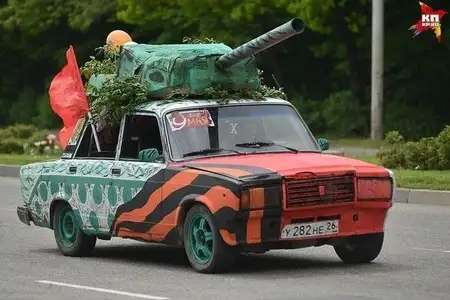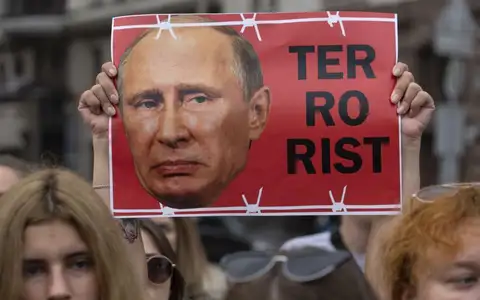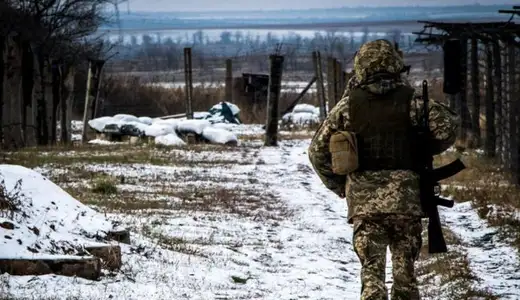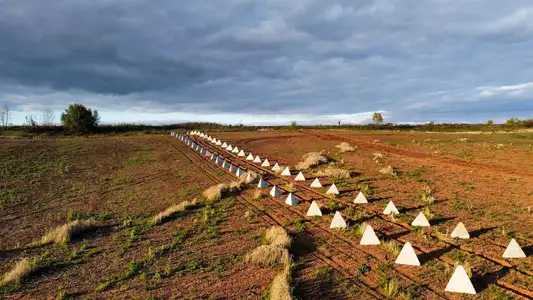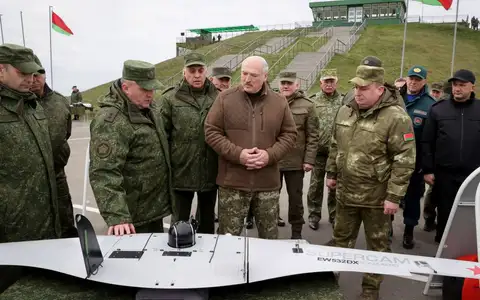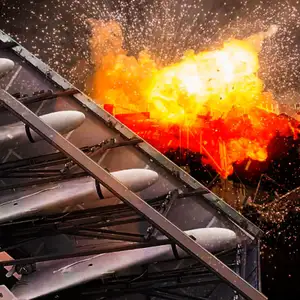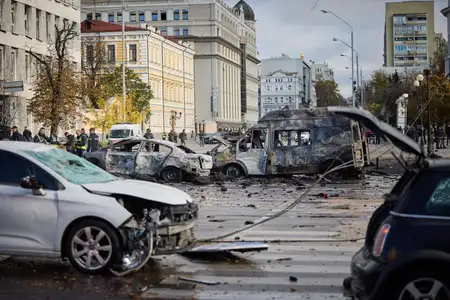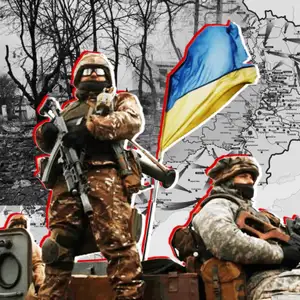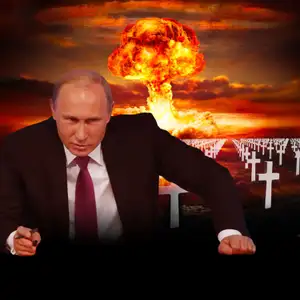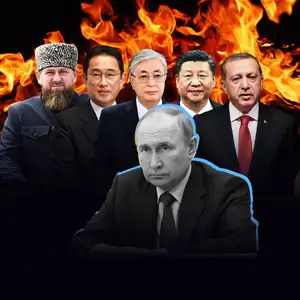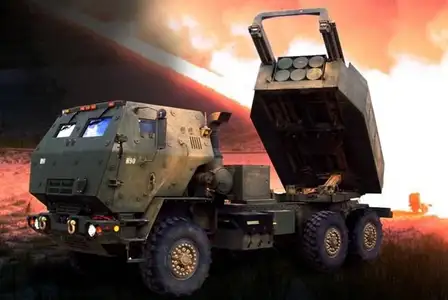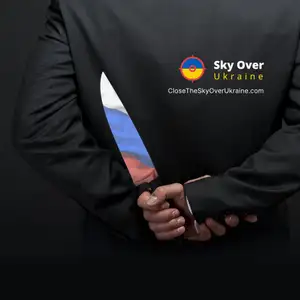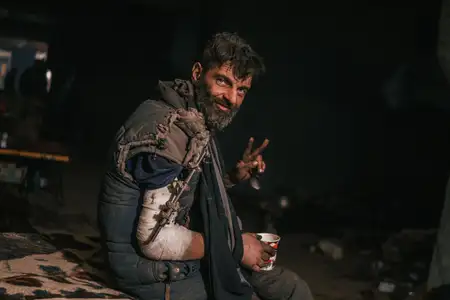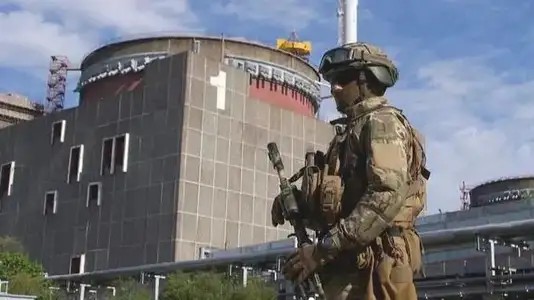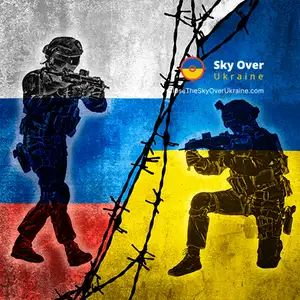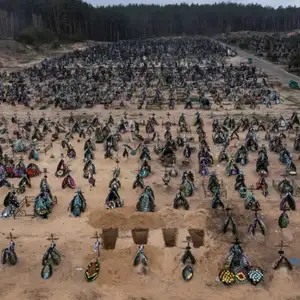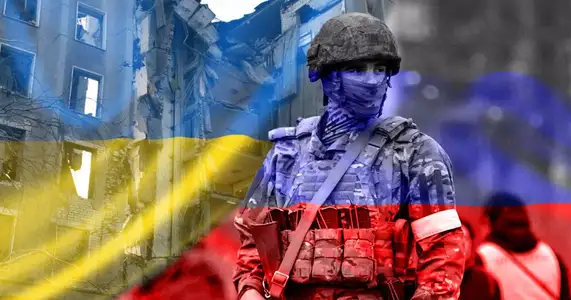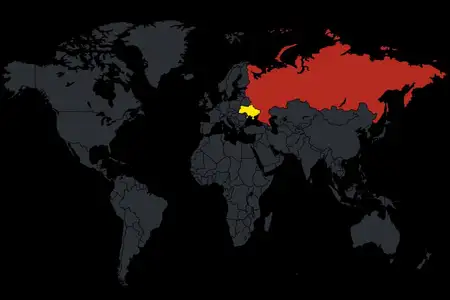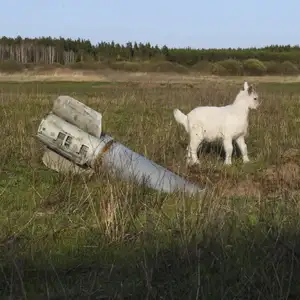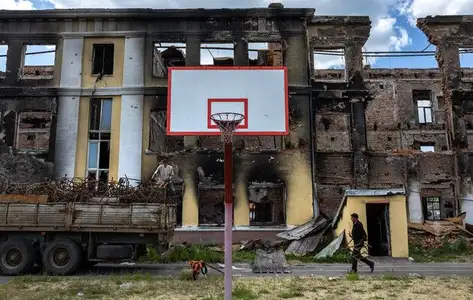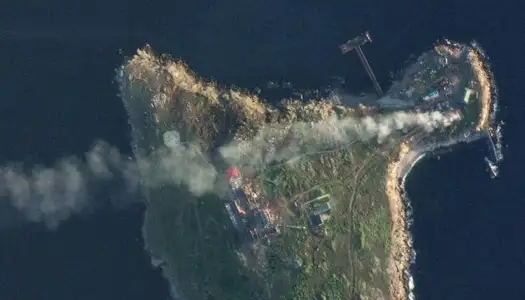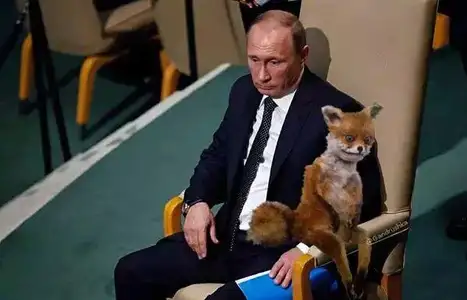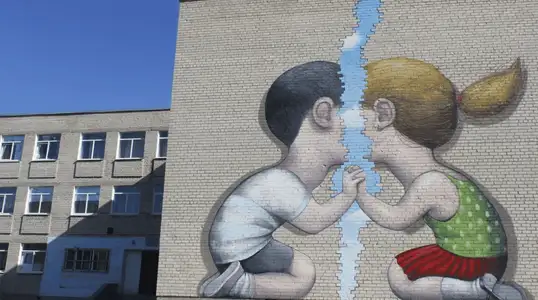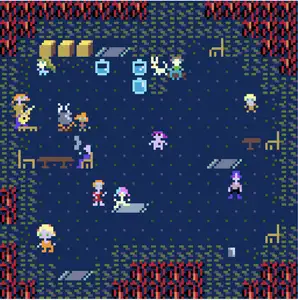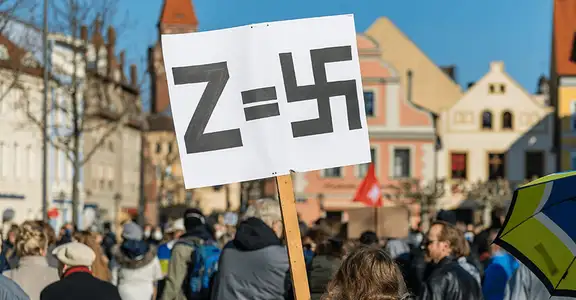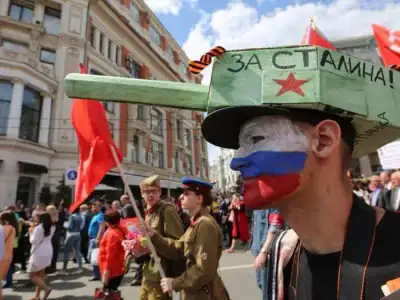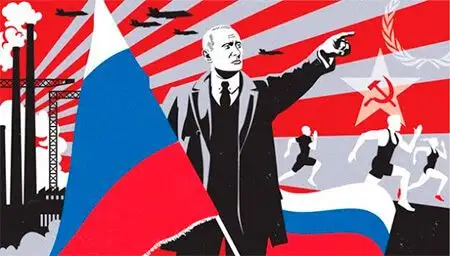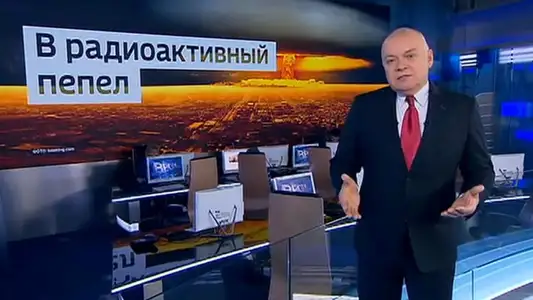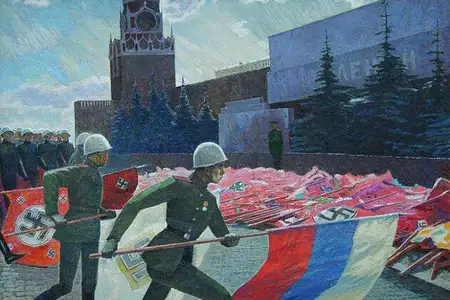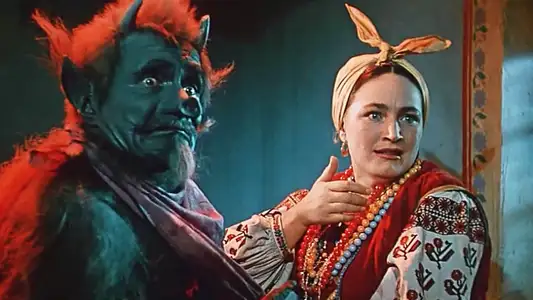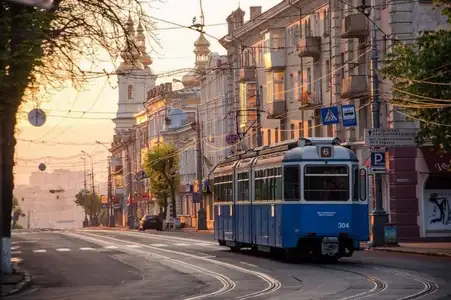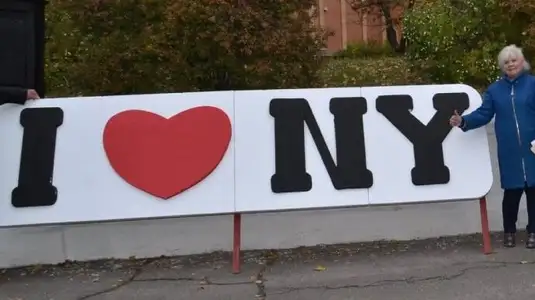Interview with Smolensk Republican Center
Smolensk Republican Center
With this interview, we begin a series of conversations with representatives of Russian separatist movements. Many of them have been known since the collapse of the USSR, but recently, first since 2014 and then since 2022, their activities have intensified.
Journalist – Serhii Kolomiiets, Sky Over Ukraine
Here is an exclusive interview with the leader of the Smolensk Republican Center, Vladislav Zhivitsa. The center of the movement works in Warsaw, its goal is the separation of the Smolensk region from Russia in particular and the disintegration of Russia in general. The newly created movement already has a clear program of actions and certain support from the population. Their members also take part in the war on the side of Ukraine.
– Smolensk Republican Center. In Ukraine, we don't know anything about you at all. Please tell us about your organization.
– The Smolensk Republican Center was officially proclaimed on August 13, 2023. At a press conference in Warsaw, I was announced as its Chairman, at that time, I was a current member of the Smolensk Regional Duma. I was the only deputy of a regional parliament in the Russian Federation to lead a movement that aims to achieve the independence of its federation subject. A little later it was announced that the representatives of the Smolensk Republican Center are also: Jan Rudik, one of the leaders of the movement of Belarusian nationalists "Rukh" and one of the creators of the Nexta Telegram channel; Alexei Baranovsky, who is currently undergoing basic military training in the ranks of the Armed Forces of Ukraine (AFU); and Vadim Sidorov, a doctoral student of Charles University from Prague.
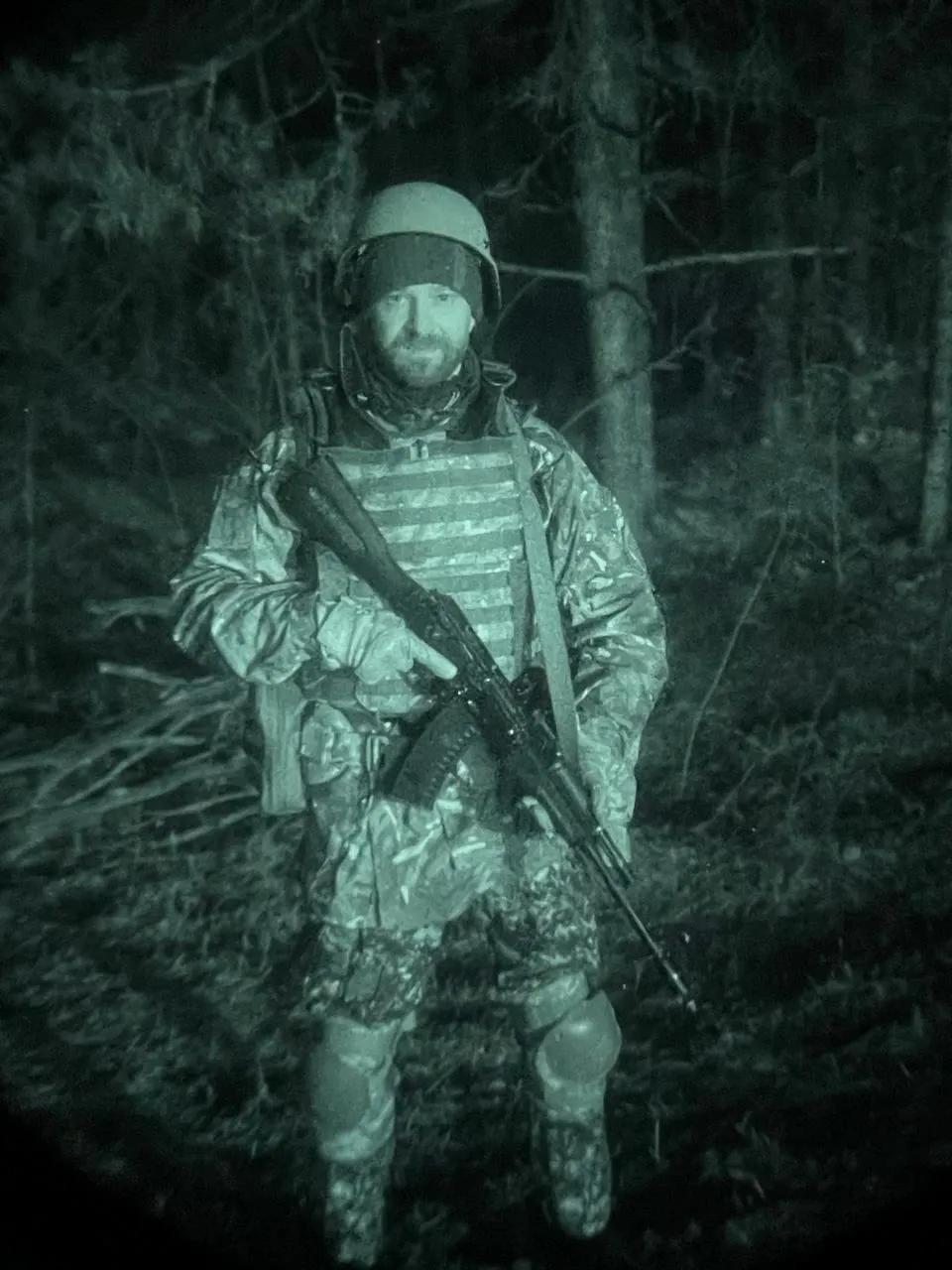
The creation of the Center was the result of the development of an initiative that emerged a year earlier on the Smolandia Telegram channel, later renamed into Smolensk Republic amid the creation of numerous regionalist and national liberation movements. In our ideological narratives we appeal to the history of the independent Smolensk principality of the 12th-14th centuries and the common Lithuanian ethno-cultural space of the Grand Duchy of Lithuania and Rzeczpospolita (Polish-Lithuanian Commonwealth), when we were a living part of the European space.
– What active actions against the current Russian authorities have you already carried out?
– The Smolensk Republican Center is currently focusing on promoting its ideas among the population of the Smolensk region and among Smolensk residents abroad. This in itself has a destabilizing effect on the existing Russian political system. Among others, several street actions with posting of stickers, stenciling our slogans in support of Smolensk independence, and calling for a boycott of the elections in the region were carried out. In addition, the issue of involving some Smolensk volunteers in the armed struggle in Ukraine is under consideration.
At the moment we do not set ourselves the task of introducing any armed activity on the territory of the Smolensk region under the aegis of our movement, so that the Smolensk people do not associate it with possible damage to them, and we consider it politically inexpedient, as it can be used to discredit us, including with the use of various agents. But at the same time our volunteers are ready and are considering for themselves the possibility of joining the conventional war on the territory of Ukraine against the Russian federals.
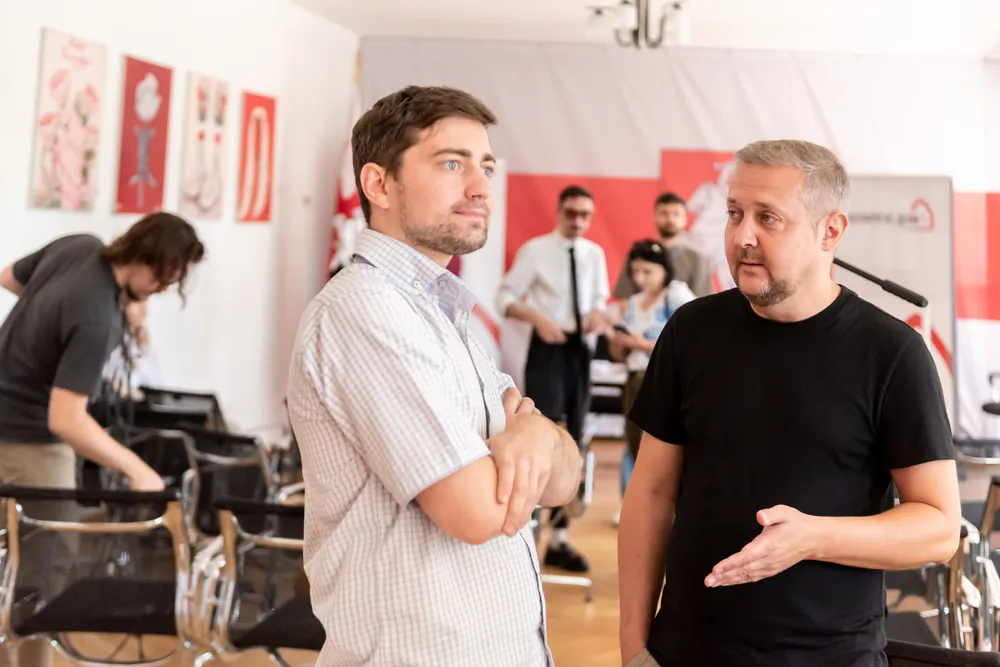
The right time will come, and we will de-occupy and de-nazify the Smolensk region, lustrate the government, and expel the "Russian world" activists beyond Mozhaisk. In the meantime, we need to focus on propaganda and organizing.
– As far as I know, your volunteers are fighting for the Ukrainian armed forces. Without names, what is their motivation? What are each of them fighting for?
– Actually, we can tell you a name. Alexei Baranovsky is undergoing combat training in the AFU. Baranovsky is both an advisor in the Freedom of Russia Legion and a representative of the Smolensk Republican Center. Prior to his initial combat training, Alexey was a spokesman for the Legion, and all of his social and political activities were connected with it. Despite the fact that it may seem that our goals contradict each other, and it should be noted that they really do not coincide for 100%, we understand that, since at this stage the priority is the fight against the common enemy, our representative is free to participate in combat operations under the banners of the organized structure he wishes. Moreover, Alexei does not hide his belonging to our movement.
As for other volunteers, there are still some logistical difficulties, and we also have to take into account that our organization has been created recently, so we cannot easily and effectively transfer people from Russia, and in general we treat this issue with extreme caution, given the possibility of infiltrating agents and provocateurs. We thoroughly check everyone involved. We are now working on coordinating these issues with a large volunteer unit, which the Smolensk residents will join in an organized manner.
– Do you interact with other anti-Putin organizations? For example, the Freedom of Russia Legion you’ve talked about or Free Idel-Ural.
– I am a delegate to the Congress of People's Deputies, an organization created by Ilya Ponomarev, a collection of former deputies of different levels and convocations from Russia, which claims to be the transitional parliament of the Russian Federation. Again, Alexei Baranovsky participates in its paramilitary part - the Freedom of Russia Legion. We are in contact with the Civic Council. We also cooperate with the Forum of Free Peoples of Post-Russia, which was created by Oleg Magaletsky, a citizen of Ukraine. We also have bilateral contacts with a number of related movements, such as the Free Ingria movement, which has similar objectives to ours.
– What is the support of the local community?
– We do not want to mislead anyone, and we must state that in general, the population of the Smolensk region, which in general, objectively, according to its indicators, is dying out in a depressive region - is characterized by passivity. This is a disadvantage – because we do not have mass support, but it is an advantage at the same time – because our opponents do not have it either. Therefore, we will be able to talk about some kind of mass support when conditions for competition of ideas and projects arise, and we will be able to address Smolensk citizens directly. At the moment we have local support of certain political activists, officials, party members, law enforcers, middle and senior officers. The radical opposition has long been destroyed in Smolensk, the remnants are disorganized and demoralized, and the only radical opposition political project today is the project of the Smolensk Republic.
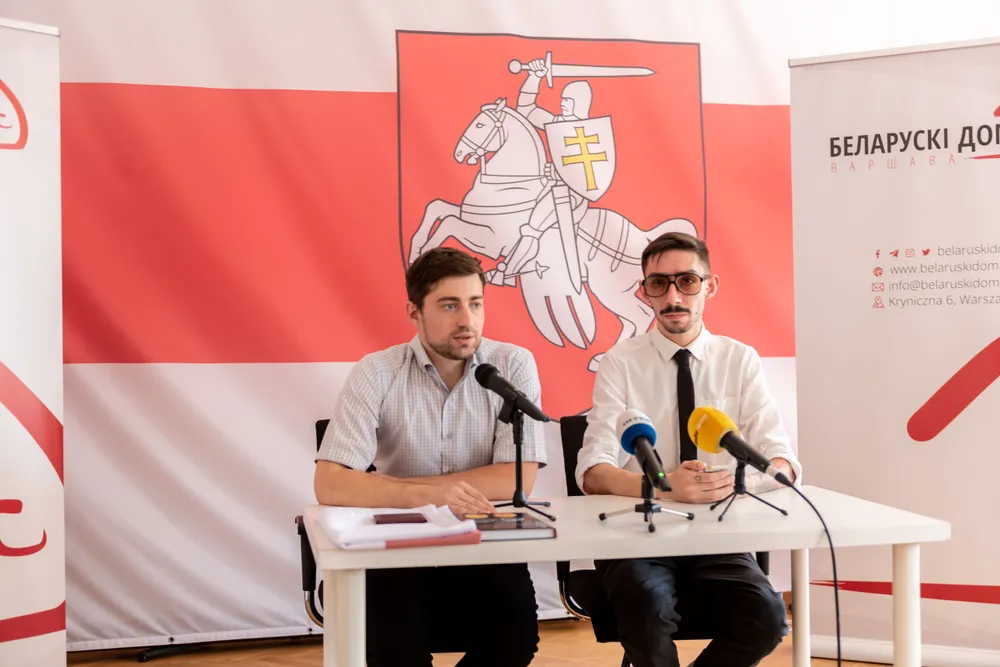
– Would you be ready to support a nationwide uprising if it ever happened?
– Of course, on the pattern of the February revolution, which was among others supported by national liberation movements in the periphery. We are ready to take part in all such processes with our own agenda, as it was during the period of perestroika and democratization, when national movements understood that in order to get an opportunity to develop their activities in the republics and regions they were interested in, it was necessary to demolish or dismantle this regime. Therefore, if these processes begin, we, in general, are ready to take part in it, of course. But clearly understanding that our goal is not to replace bad Russia with the Beautiful Russia of the Future, but to take advantage of all these changes as a window of opportunity to implement our agenda.
Author - Serhii Kolomiets
